In today’s diverse and globalized workforce, the concept of inclusive recruitment has gained prominence. It represents a fundamental shift in how organizations approach talent acquisition, aiming to create diverse and equitable workplaces that value and embrace differences. In this comprehensive guide, we will delve into the meaning of inclusive recruitment and explore why it is a game-changer in today’s competitive job market.
Defining Inclusive Recruitment
Inclusive recruitment is an approach to hiring that goes beyond traditional methods. It focuses on actively seeking and welcoming candidates from all backgrounds, regardless of their race, gender, age, sexual orientation, disability, or any other characteristic that may make them unique. The aim is to create a workforce that reflects the diversity of the broader community and ensures that all individuals have equal access to opportunities.
The importance of Inclusive Recruitment
Diversity leads to innovation
- Inclusive recruitment brings together individuals with varied perspectives and experiences. This diversity of thought drives innovation, creativity, and problem-solving within organizations.
Enhanced employee engagement
- When employees feel that their differences are valued and respected, they are more likely to be engaged, motivated, and committed to their work and the organization’s mission.
Improved decision-making
- A diverse workforce results in better decision-making processes. Multiple viewpoints and insights lead to well-rounded decisions that consider a broader range of factors.
Enhanced company reputation
- Embracing inclusive recruitment practices not only attracts top talent but also enhances a company’s reputation as an employer of choice that values diversity and equality.
Key components of Inclusive Recruitment
Unbiased job descriptions
- Crafting job descriptions that are free from bias and stereotypes is crucial. Inclusive language helps attract a more diverse pool of applicants.
Diverse sourcing channels
- Employers actively seek candidates from a wide range of sources, including diverse job boards, networking events, and partnerships with organizations serving underrepresented groups.
Structured interview processes
- Implementing structured interview processes with predefined criteria helps reduce bias in hiring decisions. Training interviewers on diversity and inclusion is also essential.
Data collection and analysis
- Regularly collecting and analyzing data on the demographics of applicants, hires, and promotions helps organizations track their progress in achieving diversity goals.
Benefits of Inclusive Recruitment
Access to a larger talent pool
- Inclusive recruitment widens the talent pool, enabling organizations to tap into a broader range of skills and experiences.
Increased employee retention
- When employees feel valued and included, they are more likely to stay with the organization, reducing turnover rates.
Better customer understanding
- A diverse workforce can better understand and serve a diverse customer base, leading to improved customer satisfaction.
Legal compliance
- Inclusive recruitment practices help organizations comply with anti-discrimination laws and regulations.
Challenges in implementing Inclusive Recruitment
Resistance to change
- Some organizations may resist inclusive recruitment practices due to a fear of change or a lack of awareness about its benefits.
Implicit bias
- Unconscious biases can still impact hiring decisions despite efforts to be inclusive. Ongoing training and awareness are essential to combat bias.
The future of Inclusive Recruitment
As the world continues to become more interconnected and diverse, inclusive recruitment will remain a key strategy for organizations looking to thrive in a competitive job market. In the future, technology and data analytics may play an even more significant role in identifying and attracting diverse talent.
Inclusive recruitment represents a shift in mindset and practice that acknowledges the value of diversity in the workplace. It is not just a checkbox on a list of HR practices but a strategic imperative for organizations aiming to remain competitive, innovative, and socially responsible. By embracing inclusive recruitment, companies can build stronger teams, enhance their reputations, and contribute to a more equitable and inclusive society.






